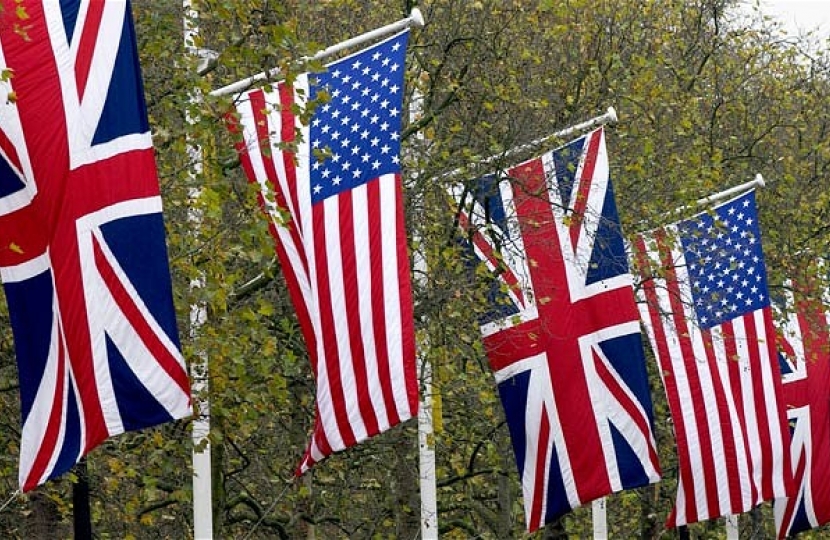
"We have received assurances from the US Embassy that this Executive Order will make no difference to any British passport-holder, irrespective of their country of birth or whether they hold another passport."
With permission, Mr Speaker, I will make a statement on the implications for this country of the recent changes in US immigration policy.
In view of the understandable concern and uncertainty, it may be helpful if I describe for the House the consequences for British citizens and dual nationals of the Executive order issued last Friday. Let me begin by saying that it is not UK policy—this is not our policy—nor is it a measure that this Government would consider. I have already made clear our anxiety about measures that discriminate on grounds of nationality in ways that are divisive and wrong.
On 27 January, President Trump issued an Executive order banning citizens of seven countries from entering the US for a period of 90 days. Those countries are Syria, Iraq, Iran, Somalia, Yemen, Libya and Sudan. The order makes it clear that no US visas will be issued to citizens of those states and that anyone who already has a visa will be denied entry. The immigration policy of the United States is of course a matter for the Government of the United States, but on the face of it this Executive order has consequences for some British citizens. For that reason, I spoke yesterday to the US Administration and my right hon. Friend the Home Secretary has today spoken to General Kelly, the Secretary of Homeland Security. I am able to provide the following clarification: the general principle is that all British passport holders remain welcome to travel to the US. We have received assurances from the US embassy that the Executive order will make no difference to any British passport holder, irrespective of their country of birth or whether they hold another passport. In any case, the Executive order is a temporary measure that is intended to last for 90 days until the US system has added new security precautions. This is of course a highly controversial policy that has caused unease and I repeat that it is not an approach that this Government would take.
Let me conclude by reminding the House of the vital importance of this country’s alliance with the United States, which I am sure Opposition Members appreciate. On defence, intelligence and security, we work together more closely than any other two countries in the world. That relationship is overwhelmingly to our benefit. The Prime Minister’s highly successful visit to the White House last week underlined the strength of that transatlantic alliance.
Where we have differences with the US, we will not hesitate to express them, as I have done today—if Opposition Members were listening —as the Prime Minister did yesterday, and as she did in her excellent speech in Philadelphia last week. We also repeat our resolve to work alongside the Trump Administration in the mutual interest of both our countries.
I commend this statement to the House.
ENDS

